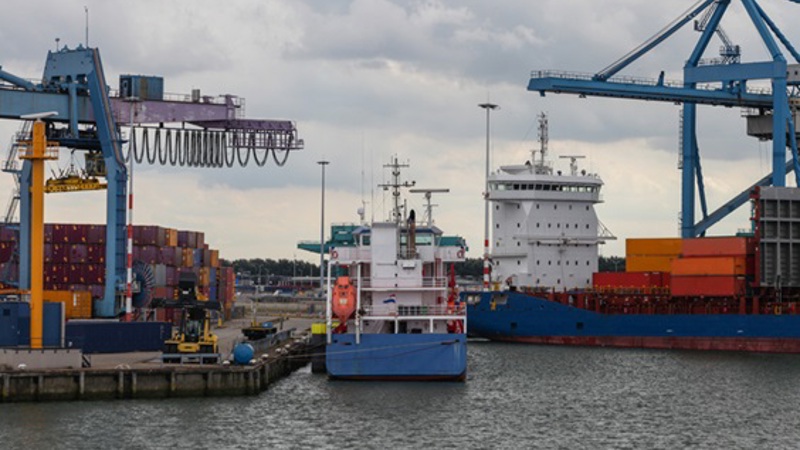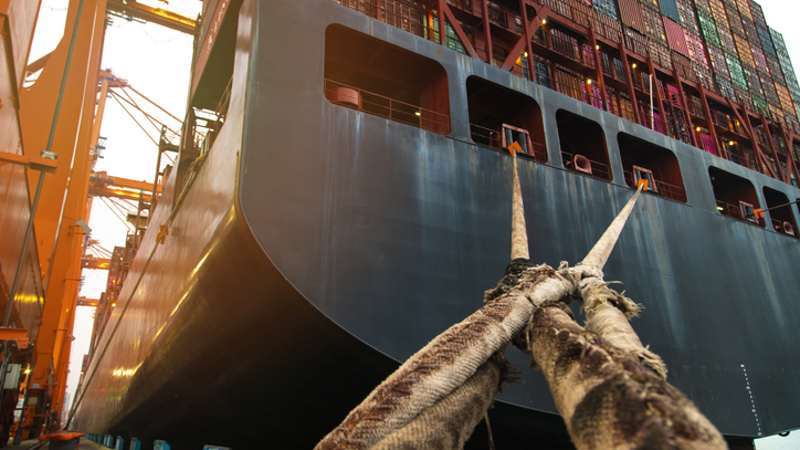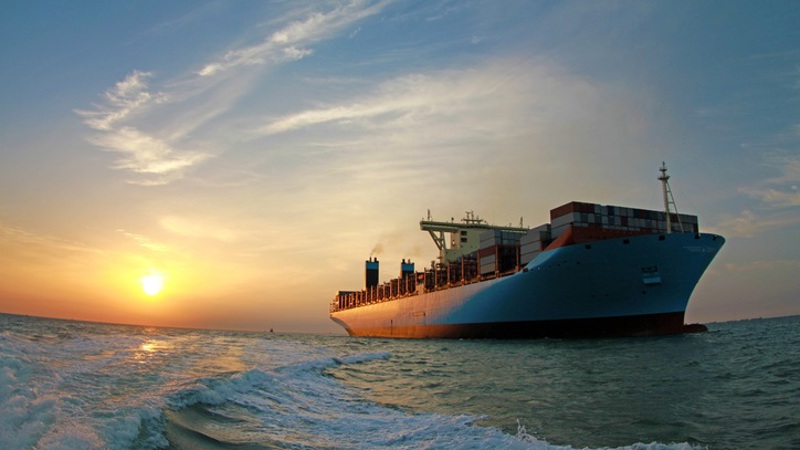Replacing a conservatory ship arrest by alternative security
July 2022
Ship arrest in the Netherlands
In maritime matters, when a creditor is seeking security for a claim, one of the things that will be considered is a ship arrest (pre-judgement attachment or conservatory arrest). The Netherlands is one of the more favourable jurisdictions when it comes to arresting vessels. There are multiple reasons for that, one is that many vessels enter Dutch ports (Rotterdam or Amsterdam) or sail through Dutch waters on their way to Antwerp, Belgium. Another one is that the Dutch court system is very practical in respect of ship arrests, allowing for an arrest leave to be granted by the judge within hours, 24/7.
Alternative security
After an arrest is made by the bailiff, a vessel is not allowed to leave the port. Therefore, a ship arrest is also an excellent measure to force a debtor to pay. However, the main purpose of an arrest should be to obtain security for a claim. Based on art. 5 of the 1952 Arrest Convention, as well as on art. 705(2) of the Dutch Code of Civil Procedure, an arrest should be lifted when sufficient alternative security is provided. In the Netherlands alternative security is often provided by means of a Rotterdam Guarantee Form (‘RGF’), which is a standard form developed by the industry that does not prejudice the parties rights. The use of this standard form prevents discussion on the text of the security, allowing to put up security quickly. Thus preventing further delay and costs such as demurrage to accrue.
In the international field of shipping, putting up alternative security still can be challenging as the suretee that will issue the RGF has to meet certain criteria in respect of its financial wellbeing. It is well established that a guarantee of a first class bank in the Netherlands suffices[1]. Furthermore that there seems consensus in literature[2] that guarantees of EU-banks should be acceptable. There is case law of Dutch lower courts that P&I clubs who are a member of the International Group (‘IG’) are to be accepted as suretee as well[3]. Due to increasing and more stringent (compliance) regulations that the banks are facing it is becoming more and more difficult for a foreign (non EU) debtor to arrange that a Dutch bank is willing to act as suretee. A recent decision of the Rotterdam Court demonstrates what the result can be of these difficulties[4].
The “GRUMANT”-case
The matter at hand concerns an arrest that was made by a voyage charterer for a (alleged) claim for Owner’s default under a GenCon charterparty. At the time of the arrest, the Russian flagged vessel was however not operated by its Owner anymore. The Owner was declared bankrupt in Russia, and the vessel was operated by its bareboat charterer. The bareboat charterer wanted to have the arrest lifted and offered alternative security on an (amended) RGF-form to the voyage charterer.
Dutch banks being unwilling to act as suretee, the bareboat charterer resulted to requesting the same party that provides P&I cover for the vessel to act as suretee. The court first considers that this suretee is not a recognized (first-class Dutch) banking institution nor an independent insurer/P&I club that provides guarantees in the context of an insurance relationship but a Norwegian insurance intermediary. The court then establishes that there are no facts and circumstances that evidence that the suretee is sufficiently creditworthy. Furthermore, the court rules that it would be too burdensome for the voyage charterer to draw under the guarantee, because the suretee is based in Norway, and not within the EU. Finally, in the balance of interests the court considers that the fact that it is problematic for the bareboat charterer that it cannot provide alternative security in any other way may be true, but the interest of the arresting party in sufficient alternative security is more important. Based on these arguments, the court rejects that the offered alternative security is sufficient and the arrest stayed in place.
In this case, the bareboat charterer had no other option but to offer alternative security with the Norwegian party providing P&I cover to the Grumant as suretee. Interestingly, the court found that one of the criteria that has to be fulfilled is that a judgement triggering payment under the guarantee posted, must be ‘easily’ enforceable against the suretee and a guarantee posted by a (Norwegian) non-EU suretee is not. This is a test that might cause a spell on guarantees put up by English P&I Clubs, without a formal seat within the EU, as a judgement of an EU-court to be used to trigger payment in ‘brexit’-UK might not be considered ‘easily enforceable’.
The lesson learned for parties that operate seagoing vessels to Dutch ports and thus exposed to the risk of their vessels becoming the victim of a conservatory ship arrest: have a plan which entity might be considered an acceptable suretee under a guarantee to be posted to have the ship arrest lifted.
* * *
[1] F. Berlingieri, Berlingieri on arrest of ships Volume I, sixth edition, p. 344.
[2] M. Mouthaan, ‘Zekerheid ‘zonder moeite’ in internationale verhoudingen (art. 6:51 BW)’, NTBR 2006/11.
[3] F.i. Court of Rotterdam 1 April 2010, ELCL:NL:RBROT:2010:BM1522.
[4] Court of Rotterdam 21 February 2022, ECLI:NL:RBROT:2022:1853.










